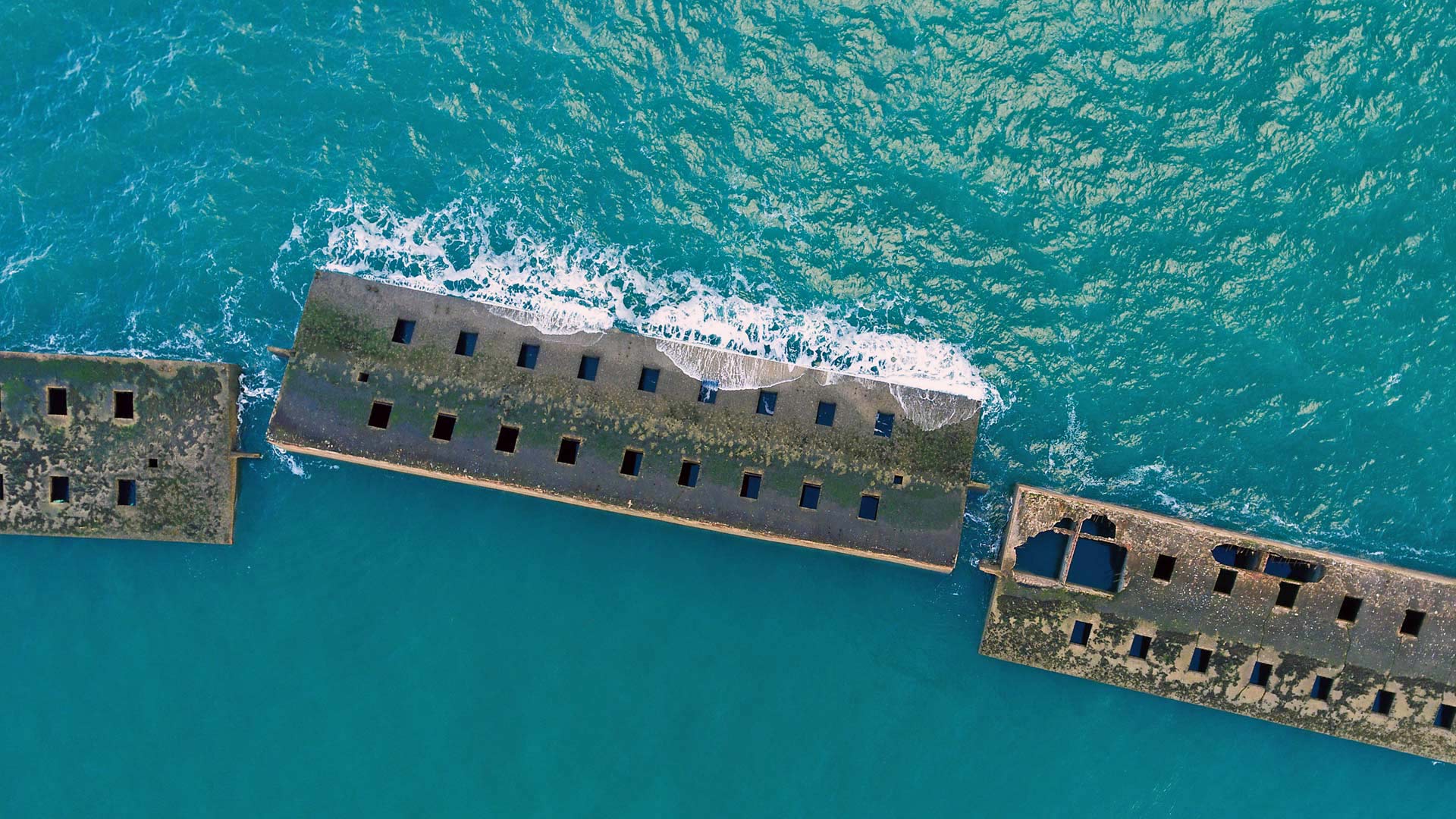Julian Assange is a name that has become synonymous with the leaking of classified documents and controversial political activities. As the founder of WikiLeaks, Assange has been at the center of numerous high-profile leaks that have exposed government secrets, sparking global debate and controversy.
Assange was born on July 3, 1971, in Townsville, Australia. He first gained attention in the early 2000s for his involvement in developing software that allowed for anonymous online communication. In 2006, he founded WikiLeaks, a platform designed to facilitate the anonymous leaking of sensitive information. The organization quickly gained notoriety for its publication of classified documents, including the release of thousands of diplomatic cables in 2010 and the publication of classified military documents related to the wars in Iraq and Afghanistan.
The release of these documents sparked widespread debate and strong condemnation from governments and political figures around the world. Some saw Assange as a champion of transparency and free speech, while others condemned him as a threat to national security and international diplomacy. The controversy surrounding the leaks led to legal troubles for Assange, including allegations of sexual assault in Sweden and charges of espionage in the United States.
In 2012, Assange sought political asylum in the Ecuadorean embassy in London to avoid extradition to Sweden. He remained in the embassy for seven years until he was arrested by British authorities in 2019. Since then, he has been fighting extradition to the United States, where he faces charges related to the publication of classified materials.
Assange’s legacy is a complex and polarizing one. Supporters see him as a champion of transparency and a defender of press freedom, while critics paint him as a reckless activist who has endangered lives and compromised security. The debate over his actions continues to rage on, with some arguing that he should be celebrated as a whistleblower and others calling for his prosecution as a criminal.
Regardless of one’s opinion of Assange, it is clear that he has had a profound impact on the world of journalism and information dissemination. His actions have forced governments to confront the challenges of safeguarding sensitive information in an increasingly digital and interconnected world. The legal battles he has faced have also raised important questions about the balance between national security concerns and the public’s right to know.
Understanding Julian Assange requires a nuanced understanding of the complexities of modern information sharing and the role of whistleblowers in holding powerful institutions accountable. As his legal battles continue to unfold, it is clear that Assange’s legacy will be one of both leaks and controversy, and his impact on the world of information and journalism will continue to be felt for years to come.
Understanding Julian Assange: A Legacy of Leaks and Controversy




